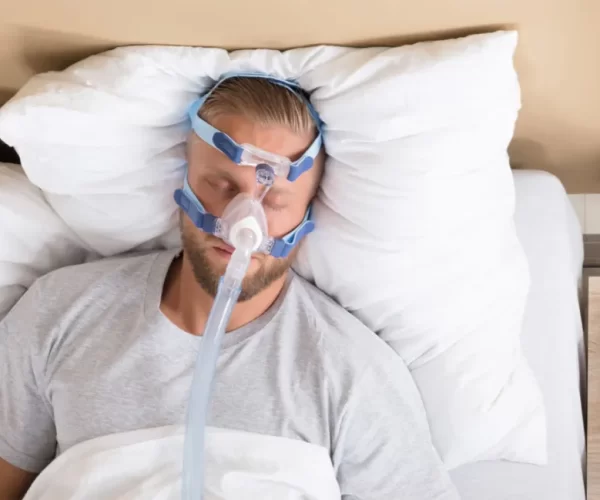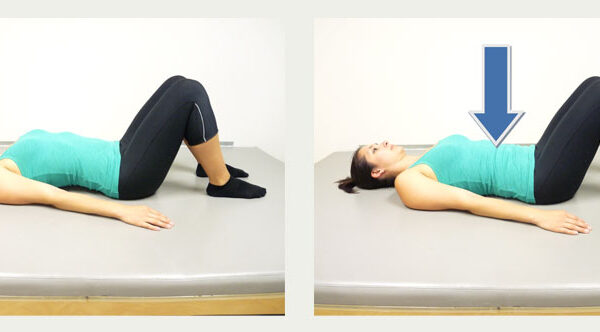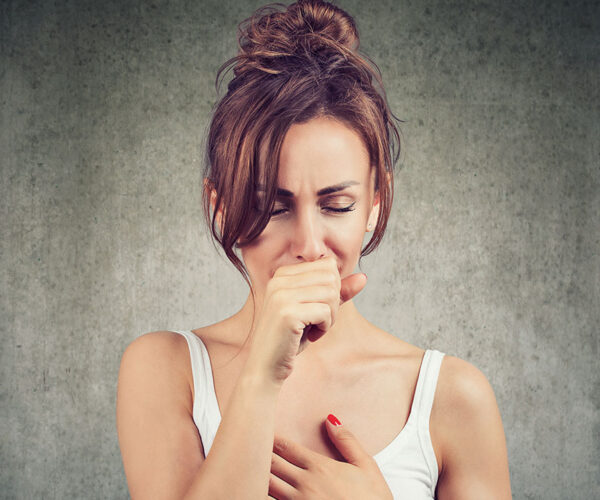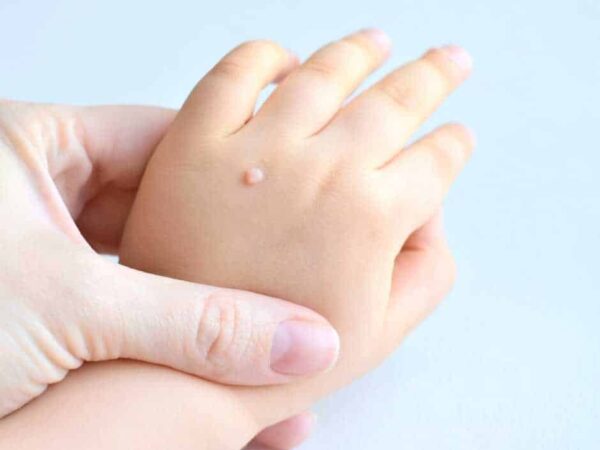Sleep apnea is a common yet serious disorder that often goes unnoticed. Known for snoring and irregular breathing during sleep, apnea occurs when there is a decreased or blocked airflow in the upper airway resulting in oxygen levels becoming too low to maintain normal sleep.
This condition can cause you to wake up after only five minutes of sleep with severe exhaustion causing poor performance at school and work. If you suspect this condition could be affecting your life, talk to a doctor at Glenview dental associates immediately.
We will now see the top 7 factors that increase the risk of sleep apnea.
- Excess weight
Obesity is a common condition that occurs. It’s often considered to be a lifestyle choice. While being overweight or obese may not itself cause sleep apnea, it does increase the chance that you will have sleep apnea. If you are overweight, it is more likely that your tongue and soft tissues in your throat will collapse during sleep. This causes a blockage in the airway, which makes breathing difficult.
- Age
As you grow older, changes in the body make it more likely to have sleep apnea. In addition to excess weight and obesity, the natural aging process can cause changes in sleep patterns that lead to snoring and apnea by altering the position of the tongue, soft tissue, and throat muscles.
- Neck circumference
Neck circumference is one of the greatest risk factors for sleep apnea. The larger your neck circumference, the more likely you are to have sleep apnea and other breathing disorders.
- A narrowed airway
The air passage in the lungs or windpipe may become narrowed as you age. This can cause blockage in the area that carries air to the nose and mouth.
- Family history
If you have a family member who has sleep apnea, you are more likely to have it as well. Moreover, if one person in your family has it, you are twice as likely to have it compared to people who are not related.
- Use of alcohol, sedatives, or tranquilizers
Sleep apnea often occurs with other breathing disorders, such as narcolepsy, upper airway resistance syndrome, and obesity hypoventilation syndrome. If you take sedatives or tranquilizers, they may worsen sleep apnea by causing the accumulation of fluid and changes in breathing patterns.
- Smoking
Smoking cigarettes is one of the most significant lifestyle factors that can put you at risk for sleep apnea. In fact, smoking increases pressure in the upper airway and causes changes to breathing patterns.




